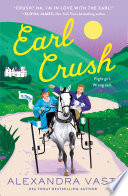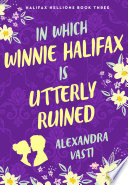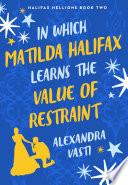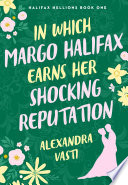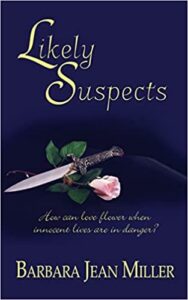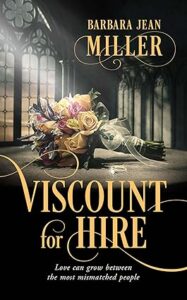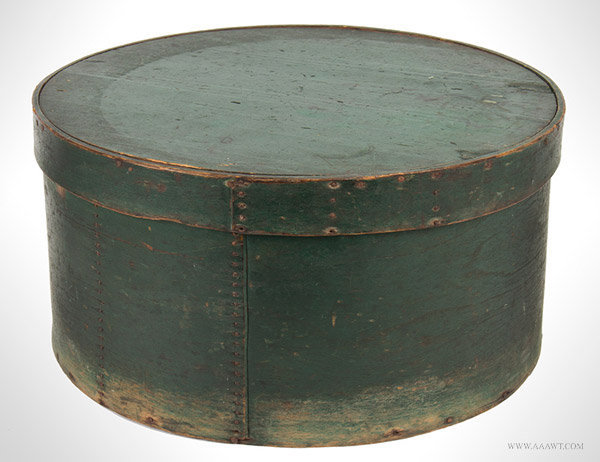
A 19th Century Cheese Box
A Cheesy Question
In the c. 1832 publication, “Whom to Marry and How to Get Married…,” there is a description on pg 24 that implies that it is horrifyingly uncouth for a young lady to actually say “cheese.” (It’s also apparently uncouth to say “cabbage,” which should be referred to only as “greens.”) However, I have not found a single reference that says why it is uncouth to say “cheese” or “cabbage” or mention any other specific food. If it really is uncouth, then how a lady is supposed to refer to cheese? Certainly in the diary excerpts I’ve read of the time, they wrote the word “cheese” as if it’s a normal word.
Regards,
tkh
The book to which dear reader refers is a publication by Henry and August Mayhew, illustrated by George Cruikshank, which is filled with all sorts of wonderful silliness. Its fairly farcical in tone, implying that most of the text is not meant to be taken literally or necessarily representative of reality.
I, too, have never seen a single reference to suggest cheese or cabbage were dirty words, and have seen them enough in receipts and diagrams for meals that suggest it was common enough to call cheese cheese and cabbage cabbage.
It is said that “Beau Brummel broke off an engagement with a young lady because he once saw her eat cabbage” (Sensible Etiquette and Good Manners of the Best Society, 1882) but I think this anecdote hints more at his flippancy and fussiness than her taste for greens.
It also appeared that by the Victorian era, cheese because a countrywoman thing:
Etiquette, the American Code of Manners, 1884).
I am by no means the final word, and would love to hear from other historians who may have seen cheese and cabbage cast into infamy…but my gut is that this was meant tongue in cheek, a way to poke fun at propriety, and in no way accurately reflects a real constraint on the word cheese.
Chalk it up to comedy.


